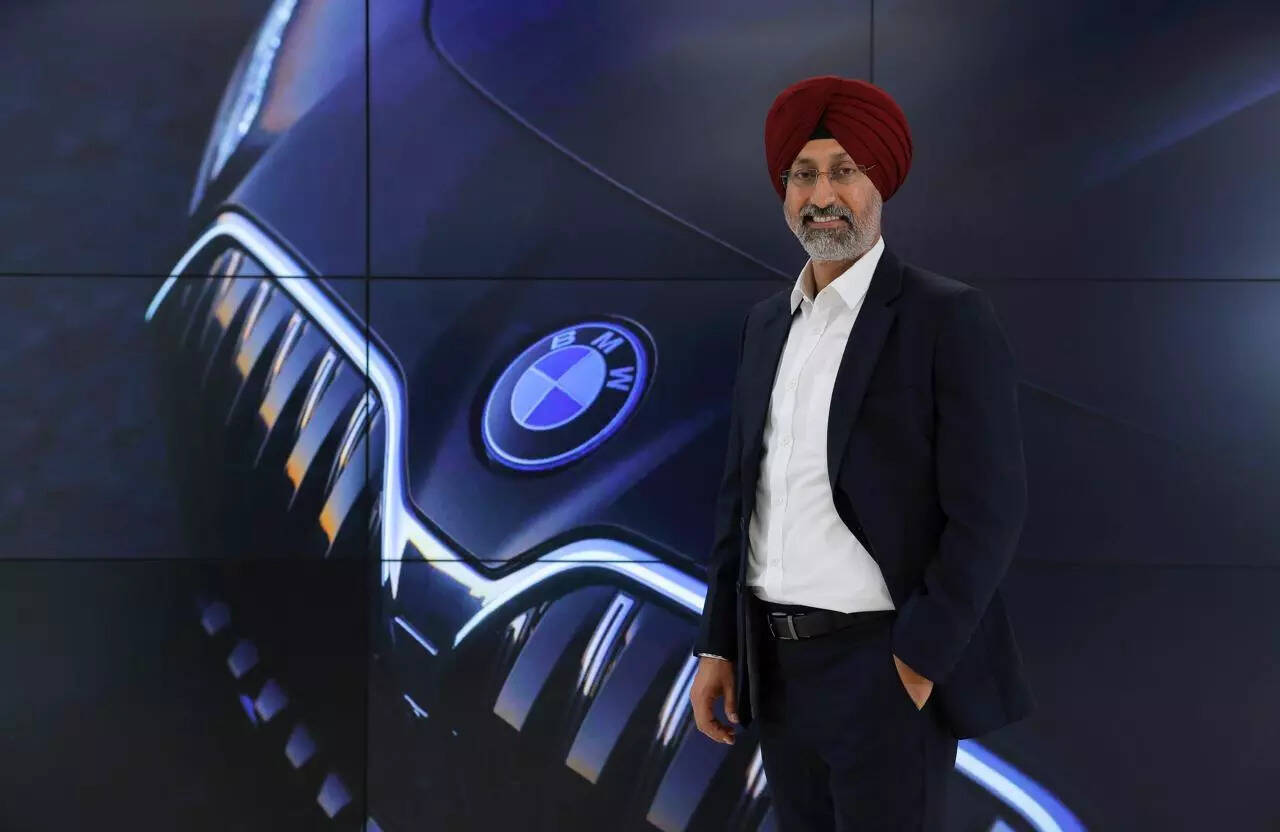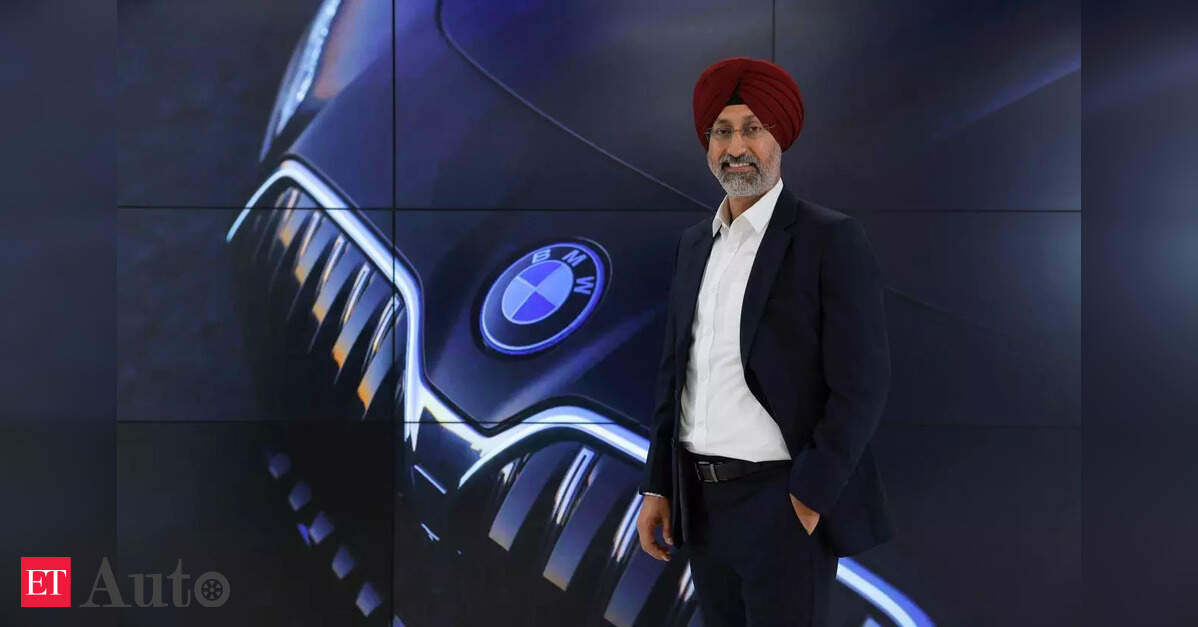 Hardeep Singh Brar, the incoming President and CEO of BMW Group India
Hardeep Singh Brar, the incoming President and CEO of BMW Group IndiaNew Delhi: The Indian auto industry finds itself in the slow lane as the proposed overhaul of the Goods & Services Tax (GST) structure has caused consumers to adopt a cautious “wait-and-watch” stance.
In view of this, Hardeep Singh Brar, the incoming President and CEO of BMW Group India–who will take charge from September 1, 2025–voices concerns that this uncertainty is undermining robust consumer interest and could derail electric vehicle adoption unless the GST landscape is clarified promptly.
Industry-wide, footfalls at showrooms—particularly for passenger vehicles and two-wheelers—have declined just ahead of the traditionally busy festive season.
Dealers and manufacturers alike warn of sluggish stocking and delayed purchase decisions unless the GST Council signals reform soon.
“We urgently need clarity on GST rates to get back to speed and ensure the auto sector’s contribution to economic growth during this quarter is robust,” Brar emphasises, adding that sustained EV momentum hinges on retaining a 5 per cent GST for passenger electric vehicles—a critical measure supporting localisation and e‑mobility investment by players like BMW Group India.
Recent reports underscore the gravity of the situation. A proposed simplification of the GST from four slabs to two (5% per cent and 18 per cent) is progressing through the GST Council, with discussions slated for the September 3–4 meeting.
Stocks have already reacted positively: on August 18, auto and consumer shares rallied as markets bet on sweeping tax reforms that would lower GST on small cars from 28 per cent to 18 per cent .
Jefferies, too, sees a potential boon in GST rationalisation—with tax cuts possibly reducing on-road prices by 6–8 per cent, notably boosting sales of two-wheelers and sub‑4‑metre cars—and forecasts industry volumes to rise at a CAGR of 10 per cent for two-wheelers and 8 per cent for passenger vehicles through FY28.
Yet, there’s a caveat: while EVs currently benefit from a low 5 per cent GST rate, proposals that bring more affordability to internal combustion engine (ICE) small cars could erode EV attractiveness by narrowing the tax differential .
Brar added “Expediting clarity on GST rates is essential… We also hope that the sustainable push towards electric cars will continue to be encouraged as a priority and will reflect in the GST strategy by retaining the existing 5 per cent GST on all passenger electric vehicles.”
With his leadership officially beginning next month, BMW Group India is hoping the GST Council’s upcoming decisions will accelerate, not stall, the country’s EV ambitions.




